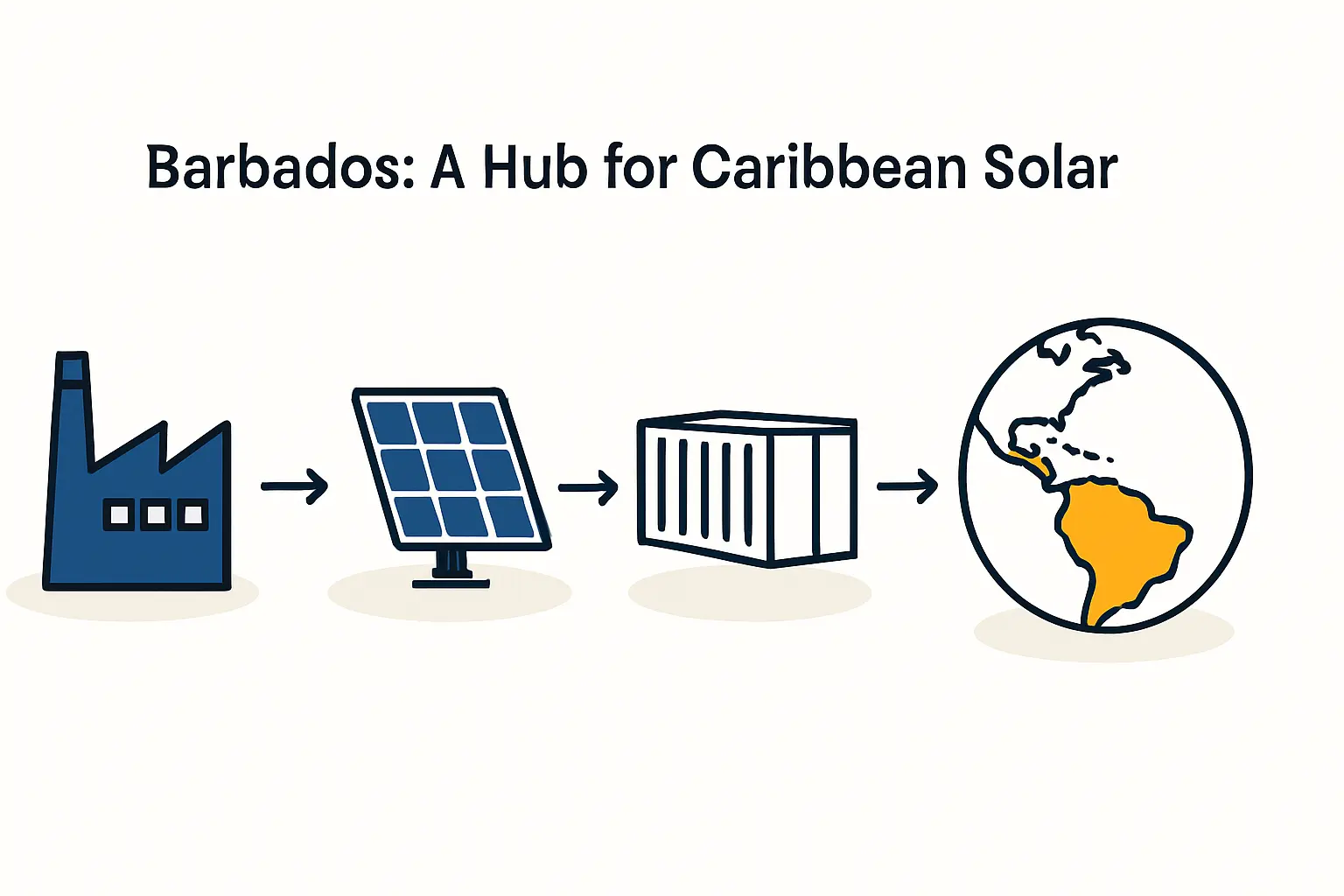Barbados Green Hydrogen Plant: An Ambitious Solar Energy Project
Barbados is taking a significant leap towards a sustainable energy future with the announcement of a $350 million green hydrogen and solar plant in Saint Lucy. Projected to be the largest of its kind in the Caribbean, this ambitious project signifies Barbados’s commitment to renewable energy and reducing its carbon footprint. The plant, slated for completion by 2026, is a joint venture between the Barbados government and Zero Degrees Green Energy (ZDGE), a UK-based green energy company. This initiative aligns with global trends towards green hydrogen as a clean energy source and its potential to revolutionize various sectors.
Barbados Green Hydrogen Plant: Project Details and Significance
The Saint Lucy plant will be a pivotal development for Barbados, aiming to significantly reduce the island’s reliance on fossil fuels. This move towards energy independence is crucial for the nation’s economic stability and environmental sustainability. While details about the plant’s capacity and specific technologies are still emerging, its sheer scale promises to be transformative. This venture follows other recent solar projects in Barbados, including a 10MW plant highlighted in PVKnowhow’s coverage of utility-scale solar developments on the island (https://www.pvknowhow.com/news/utility-scale-solar-barbados-10mw-plant-launch/). The government’s dedication to renewable energy is further evidenced by other initiatives documented on platforms like PVKnowhow (https://www.pvknowhow.com/news/st-lucy-solar-plant-launch-10mw/). These projects demonstrate the growing momentum in the Caribbean towards embracing sustainable energy solutions.
Barbados Green Hydrogen Plant: Challenges and Opportunities
While the project represents a significant step forward, challenges remain. The “Solar for All” program’s cancellation, as reported by PVKnowhow (https://www.pvknowhow.com/news/solar-for-all-canceled-shocking-7-billion-program-cut/), underscores the complex landscape of funding and policy in the renewable energy sector. Despite this setback, the Barbados project demonstrates the continued drive towards green energy adoption, potentially inspiring similar initiatives in the region. The successful implementation of this project will be a key indicator of the Caribbean’s potential to become a leader in green hydrogen technology and pave the way for a cleaner, more sustainable future.



